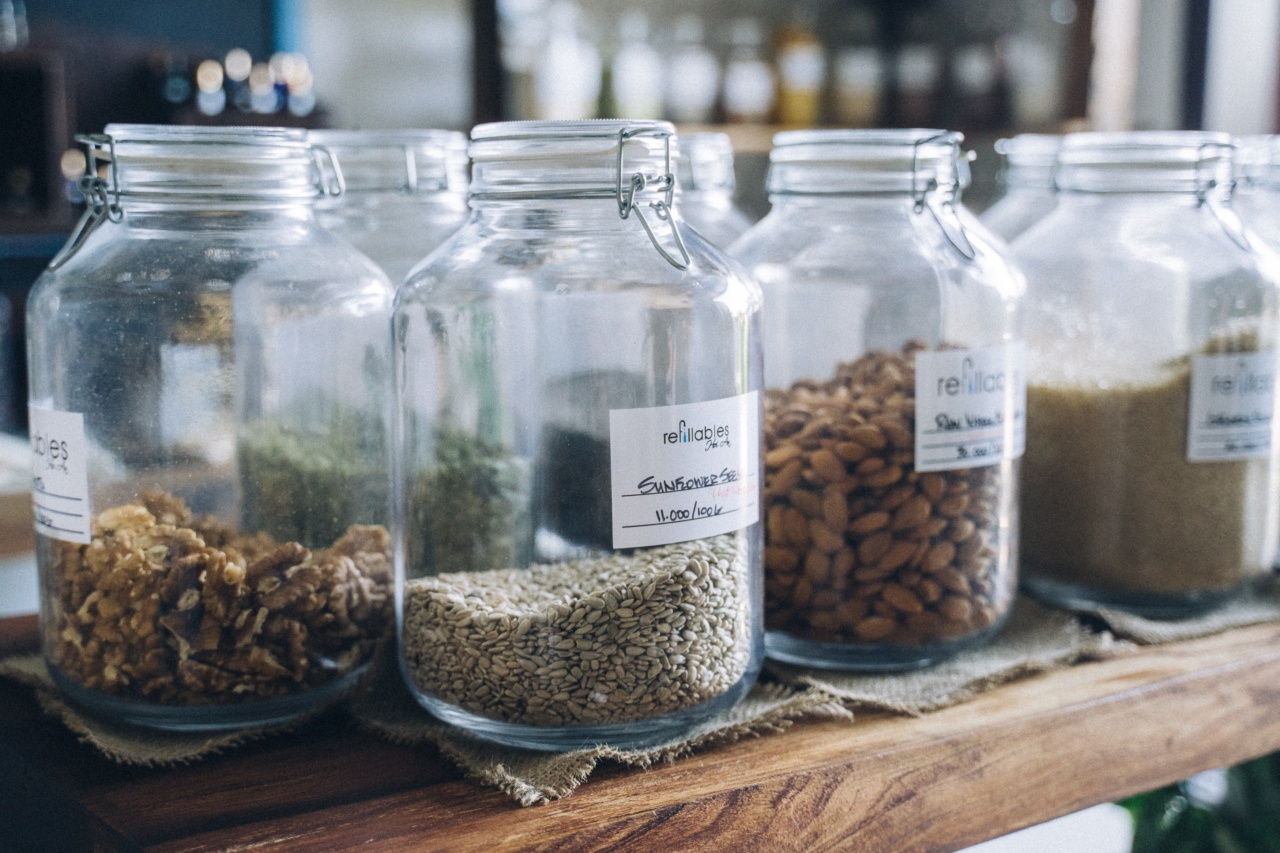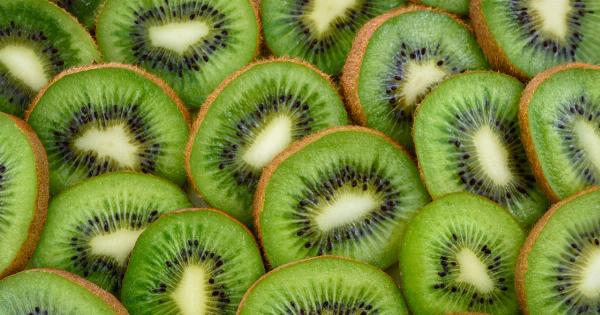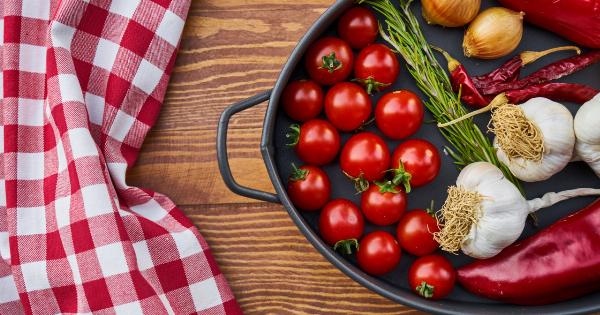Organic foods have gained immense popularity in recent years with more people making the switch to this healthier alternative. Organic foods are free from synthetic pesticides and fertilizers, and they are grown in a natural environment.
However, are they really better than non-organic foods, or is it just a marketing gimmick? In this crash test, we will compare organic foods vs non-organic foods and see which one comes out on top.
What are Organic Foods?
Organic foods refer to produce that is grown in an environment with natural conditions without the use of synthetic fertilizers, pesticides, and herbicides.
Organic farming emphasizes the use of natural techniques such as crop rotation, composting, and natural pest control to grow crops. Organic foods are more expensive than their non-organic counterparts, and this has led to some questions about their value.
What are Non-Organic Foods?
Non-organic foods refer to produce grown using conventional farming techniques with synthetic fertilizers, pesticides, and herbicides.
These farming techniques use machinery to increase productivity and yield, resulting in large quantities of food at a lower cost. Non-organic foods are more affordable than organic foods, but questions have been raised about the potential health risks associated with consuming them regularly.
Nutrient Content: Organic vs Non-Organic Foods
One of the main benefits of eating organic foods is the higher nutrient content. According to a study conducted by the Journal of Agricultural and Food Chemistry, organic foods contain more antioxidants, minerals, and vitamins than non-organic foods.
Foods grown with natural techniques, such as crop rotation, have higher nutrient content because the soil is richer in essential minerals and nutrients as compared to conventionally grown crops.
Additionally, organic foods have lower levels of harmful substances such as nitrates, cadmium, and heavy metals, which often find their way into non-organic foods due to the use of synthetic fertilizers and pesticides during farming.
Consuming high concentrations of these substances can have negative health effects, making organic foods a better choice than non-organic foods.
Taste: Organic vs Non-Organic Foods
Taste is one of the biggest differences between organic and non-organic foods. Many people who switch to organic foods rave about how much better they taste.
Organic foods are grown in a natural environment, and this plays a significant role in the flavor and quality of the crops. Crops grown without the use of synthetic fertilizers and pesticides have more flavor and aroma as compared to non-organic crops.
Non-organic foods, on the other hand, tend to have less flavor and aroma because they are grown quickly, and their growing environment does not influence their taste.
Recipes that use organic foods taste better and fresher than those that use conventional, non-organic produce.
Pesticides: Organic vs Non-Organic Foods
Pesticides are a major health concern and the primary reason why consumers turn to organic foods. Non-organic foods contain high levels of pesticides and chemicals that are harmful to human health.
Some studies have shown that exposure to pesticides may increase the risk of cancer, neurological disorders, and other chronic diseases.
Organic farming techniques use natural pest control methods, such as planting beneficial crops, using natural pesticides, and encouraging beneficial insects.
As a result, organic foods contain no synthetic pesticides, making them a safer choice than non-organic foods.
Price: Organic vs Non-Organic Foods
Price is a factor that affects the choice of food for most consumers. Organic foods are considerably more expensive than non-organic foods.
The higher price is due to the fact that organic farming techniques require more labor and time than conventional farming methods, resulting in higher production costs. Additionally, organic farms typically yield less than non-organic farms, resulting in lower quantities of produce.
Non-organic foods are cheaper because they are produced using machinery that speeds up farming and reduces labor costs.
Moreover, non-organic farms experience higher yields, meaning they can produce more food at a low cost and create economies of scale.
Sustainability: Organic vs Non-Organic Foods
Sustainability is increasingly becoming a factor in the choice of foods and the impact of farming practices on the environment.
Organic farming practices promote sustainability and protect the environment, making them a better choice than non-organic farming.
Organic farming practices such as crop rotation, composting, and natural pest control methods reduce the use of fossil fuels, greenhouse gas emissions, and water usage.
Additionally, organic farms focus on biodiversity, soil health, and ecosystem enhancement, reducing their impact on the environment.
Conclusion
Organic foods are a safer and healthier alternative to non-organic foods. They contain fewer pesticides and harmful chemicals, higher nutrient content, and promote sustainability.
Despite the higher price, organic foods are a better choice for those concerned about their health and the environment.





























